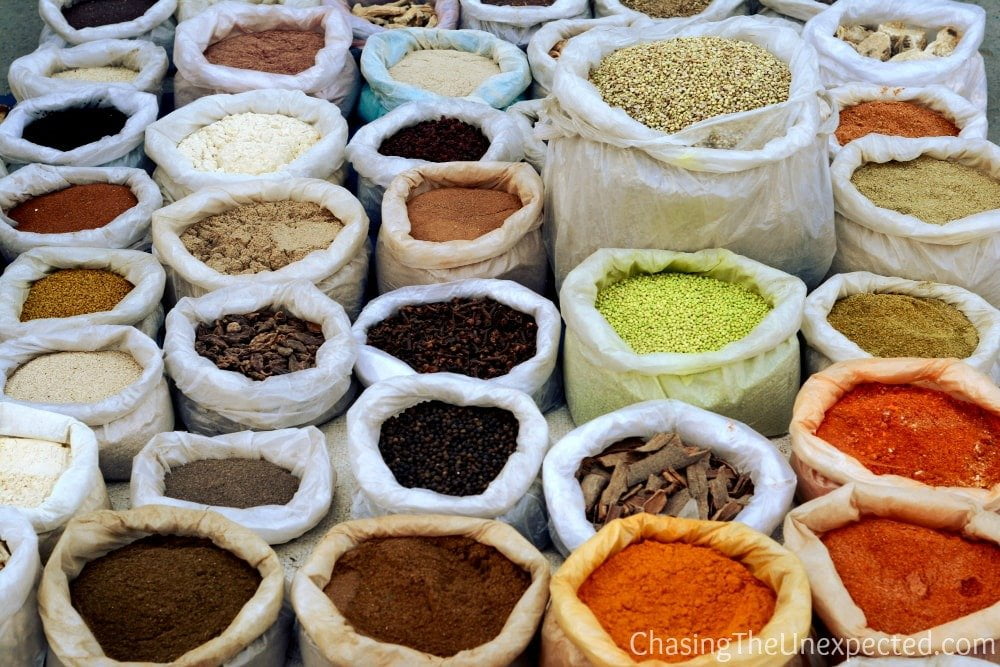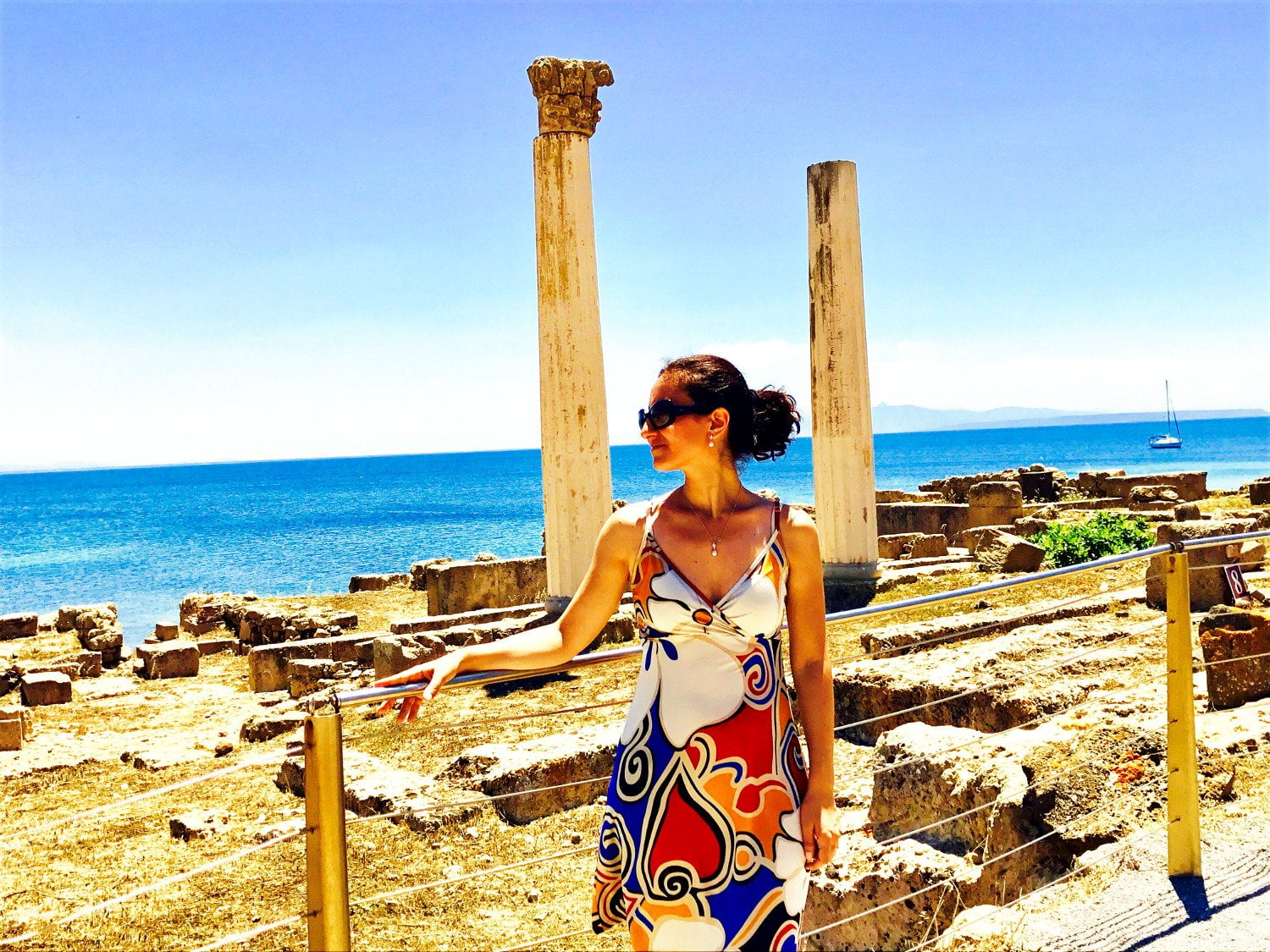So you’ve read my super popular (and super copied around the web!) article about the ten reasons why you should travel to Iran now and you’ve finally booked that ticket. If you are travelling to Iran’s most popular tourist destinations such as Isfahan, Yazd or Persepolis, or you have a booked tour, you won’t have any problem since either your guide or you are likely to find people speaking English, but if you are a solo traveller and you like more offbeat paths, some knowledge of Persian language (Farsi) and common phrases will be very helpful during your trip.

While Iran certainly is one of the hottest destinations at the moment, these tips in Farsi can be used in Afghanistan too, where they speak Dari, which is Farsi with a different accent and some different expressions. Even though much less popular, always more people are longing to visit the fascinating central Asian country, and since it’s a war zone, it comes particularly useful to speak some Persian language to better blend with locals.
You can also carry with you some dictionary/phrasebook or even a small course. Check the web to see some offers on handy Farsi (Persian) Phrasebook & Dictionary English-Persian Dictionary Farsi (Persian) for Beginners course to familiarize yourself a little with the language.
Wherever you go and whatever attraction you will visit, for sure you will stop somewhere to eat, so here are some tips in the Persian language useful in restaurants.
Since for Westerners Farsi is not easy to grab, as it also has a different alphabet (Arabic), alongside the English pronunciation and translation, I will also mention the transcription in Farsi alphabet.
First of all, please consider that not all menus have an English translation so it’s good to be ready to order in Persian. As soon as you enter, you will be greeted by the waiters more or less with a Salam, khosh omadin (hello, welcome), and your reply can be a simple mamnoon (thank you).
Say you want a table for two, what you say to the waiter will be: “Misha yek mizeh do nafareh be mah bedahid?“
Once you grabbed your table, or are led to it, the waiter will ask you what you would like to order, which will probably sound something of the likes of “Qurban, chi safarish mi dahid?“, and you will reply asking for the menu: “Soorat ghaza lotfan.”
You can start ordering your meal by asking for a bottle of water: yek botery ab in Iran, yek botel ab in Afghanistan. Among the other drinks, there are: coke (coca cola), Pepsi, Fanta, orange juice (ab porteghal – آب پرتقال), tea (chai – چای) and dough (دوغ), a drink made with yogurt, water, salt and mint that Iranians and Afghans often have with their meal.
So if you are asking any of these, for example, orange juice, you will say: “Lotfan barai man yek ob portqal beyawarid.” (Can you please bring me an orange juice?)

If the menu has an English version, problem solved, you can simply choose and point at it in case the waiter won’t understand, but if it doesn’t, here are a couple of useful words/dishes in the Persian language (alongside their Persian alphabet transcript) you can memorize:
Kabab (kebab) – کباب
Jujeh Kabab (chicken kebab, usually chicken breast) – جوجهکباب
Kabab Kobideh (a type of kebab where the meat is smashed and mixed with herbs) – کباب کوبیده
Kabab Shishlik (a type of kebab with big pieces of lamb or veal) – کباب شیشلیک
Kabab Gooshte Bareh (small pieces soaked in lemon from the night before and spit-roasted) کباب گوشت بره
They all come with either bread or rice and some spit-roasted tomatoes and some pickles.
If you are a vegetarian, you won’t find a huge choice of vegetarian dishes in restaurants, but still there are some available in most places. To make sure the waiter knows about your meat-free diet, you can say man geya khawram (I am vegetarian). To be more precise, you can use any of these sentences to make sure you frame the ingredients you eat or don’t eat:
– I don’t eat meat: goosht nemikhoram گوشت نمیخوام
– I don’t want beef: goosht gaw nemikham گوشت گاو نمیخوام
– I don’t want chicken: goosht morgh nemikham گوشت مرغ نمیخوام
– I don’t want fish: mahi nemikham ماهی نمیخوام
Moreover, here is a list few vegetarian foods/dishes/ingredients used mainly as side dishes or for dressing that you can find in many Iranian/Afghan restaurants.
1. Badenjoon (eggplant) – بادنجان (a pretty popular ingredient in vegetarian Persian dishes);
2. Ghorme Lubya (bean sauce) – قرمه لوبیا
3. Salad (fresh salad) – سالاد
4. Ghorme Sabzi (herbs stew) – قرمه سبزی (this is often with meat, you can ask to have it without meat)
5. Sib Zamini (potatoes) – سیب زمینی
6. Mirza Ghasemi (an eggplant-based dish) – میرزا قاسمی
7. Noon (bread) – نان
8. Brenj (rice) – برنج
More words that can come useful in a restaurant:
Yek boshqab (one plate) – یک بشقاب
Yek qors noon (a piece of bread) – یک قرص نان
If you know these practical words, you can at least order an ordinary meal in the Persian language, and if you are not a vegetarian, rest assured that you are in the heaven of kebabs and different types of cooked meat.
Finally, when you want to ask for the bill, you will say: “Lotf konid soorat hesab ra beia warid.”
Now you’re ready to go, noosh jan (enjoy your meal)!


Très interessant!
MERCI Marie
Un articolo delizioso!
Grazie Domenico, Your food is delizioso too.
Hi Sayed,
Helpful read here. And the veggie options are looking OK. Better than Central America. For sure. I eat meat but usually go veggie and wifey has been a vegetarian for 12 years. We travel just about anywhere but if it’s long term sure as heck helps to know we have vegetarian fare to sink our teeth into.
Ryan
We are on the same boat Ryan. I too, eat meat but wifey is vegetarian and we pretty much always end up going veggie. Living between Rome, Sardinia (Italy) and Afghanistan I get to enjoy both fresh meat and veggies. I was told in Central America they bring you chicken if you ask for veggie dishes. =D
Very helpful post, Angela! I inserted a link in my post about Visiting Iran as a Woman because it is really helpful.
Thanks Geri, glad you found it useful for your readers, more Farsi tips coming soon!
Very well written. All the very best for further articles. You’re doing a great job.
Thanks Indian Eagle